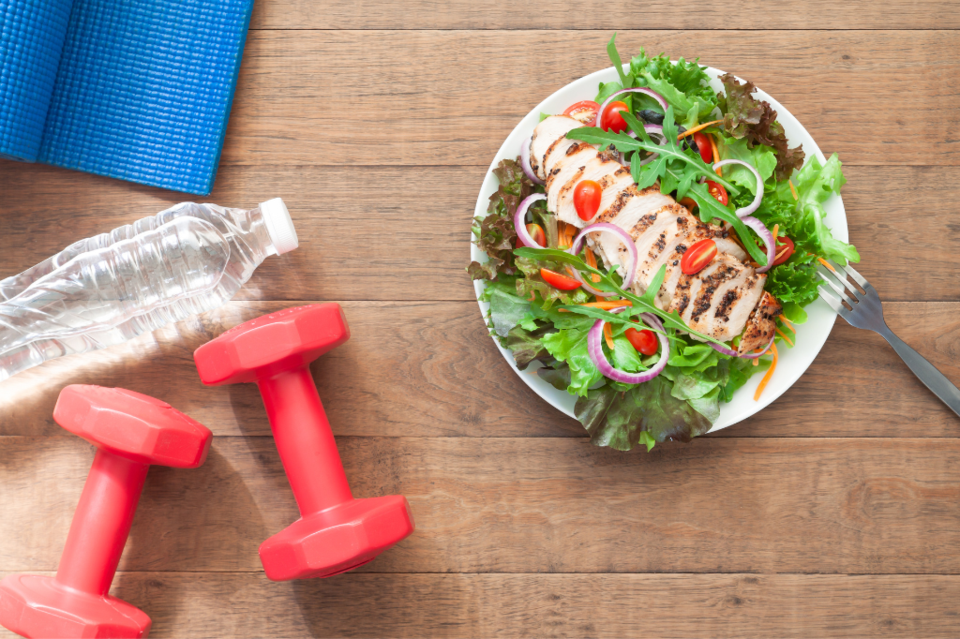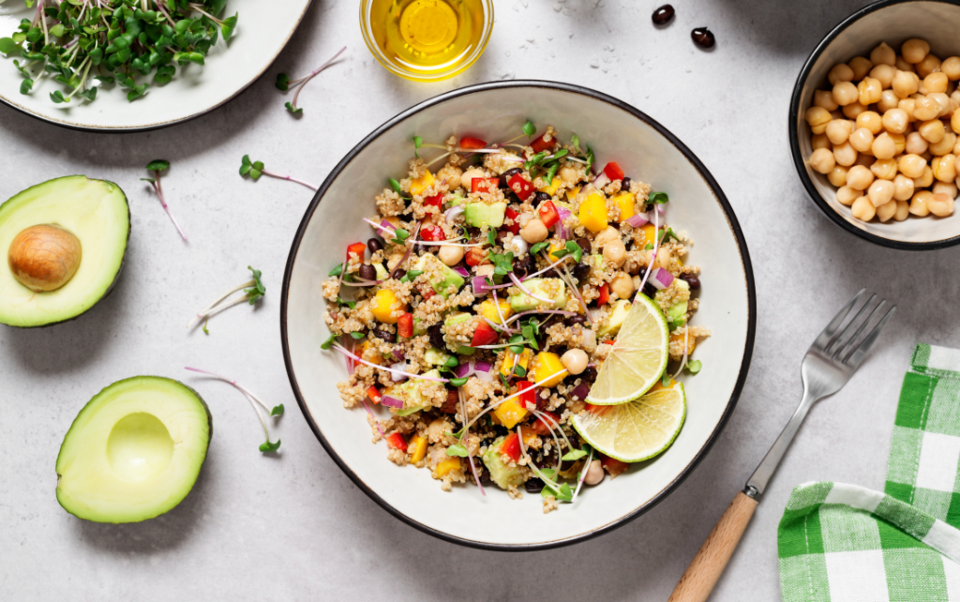Many of us have heard the term "high cholesterol." For some, it’s a health concern that requires careful management. While medication is often a necessary part of treatment, numerous lifestyle changes can naturally lower cholesterol and improve overall heart health.
These changes, backed by scientific research, focus on dietary swaps, increased physical activity, and stress reduction techniques. This isn't about drastic overhauls but incorporating sustainable habits that can make a real difference over time.
1. Eat More Soluble Fibre
Soluble fibre acts like a sponge in your digestive system, binding with cholesterol and helping your body eliminate it. Think of it as a natural cholesterol “scrubber.” Foods like oats, barley, apples, citrus fruits, and beans are excellent sources of soluble fibre. Research consistently demonstrates the positive impact of soluble fibre on lowering LDL ("bad") cholesterol.
2. Load Up on Fruits and Vegetables
A diet rich in fruits and vegetables is a cornerstone of heart health. They’re packed with vitamins, minerals, antioxidants, and, of course, fibre. Aim for various colours to maximize the diverse range of nutrients you’re consuming. Studies show that diets high in plant-based foods are associated with lower cholesterol levels and reduced risk of heart disease.
3. Choose Healthy Fats
Not all fats are created equal. Saturated and trans fats can raise your LDL cholesterol, while unsaturated fats (monounsaturated and polyunsaturated) can help lower it. Opt for foods rich in healthy fats, such as avocados, olive oil, nuts, seeds, and fatty fish (like salmon and trout). Extra virgin olive oil in cooking or snacking on a handful of almonds instead of chips can make a significant difference.

4. Get Moving
Regular physical activity is crucial for heart health and can significantly impact cholesterol levels. Aim for at least 150 minutes of moderate-intensity aerobic exercise per week. This could include brisk walking, cycling, swimming, or even dancing. Exercise helps raise HDL ("good") cholesterol, which helps remove LDL cholesterol from your arteries.
5. Say “No” to Trans Fats
Trans fats are artificially created fats that are particularly harmful to your heart health. They raise LDL cholesterol and lower HDL cholesterol. They are often found in processed foods, baked goods, and fried foods. Check food labels carefully and avoid products that list "partially hydrogenated oils" in the ingredients.
6. Limit Saturated Fat
While not as detrimental as trans fats, saturated fats can still raise LDL cholesterol. Found primarily in red meat, processed meats, and full-fat dairy products—while they can be healthy in small amounts—it’s essential to consume these in moderation. Opt for leaner cuts of meat, choose low-fat dairy options, and incorporate more plant-based protein sources into your diet.

7. Manage Stress
Chronic stress can negatively impact various aspects of health, including cholesterol levels. Finding healthy ways to manage stress, such as mindfulness, meditation, yoga, or time in nature, can be beneficial. Research has shown a link between stress and elevated cholesterol levels.
8. Consider Plant Sterols or Stanols
These naturally occurring plant substances can help block cholesterol absorption in your small intestine. They are often added to foods like fortified orange juice, yogurt, and spreads. Studies have shown that consuming plant sterols or stanols can effectively lower LDL cholesterol.
9. Prioritize Sleep
Adequate sleep is essential for overall health and well-being. Poor sleep can contribute to various health issues, including increased cholesterol levels. Aim for 7-9 hours of quality sleep each night. Establishing a consistent sleep routine and creating a relaxing bedtime environment can help improve your sleep quality.
10. Regular Check-ups and Monitoring
While these lifestyle changes can be highly effective, it’s important to consult your doctor and monitor your cholesterol levels regularly. They can provide personalized advice and determine if medication is necessary in addition to lifestyle changes.
It's important to remember that every individual's health is unique. Therefore, it's crucial to discuss these strategies with your doctor to determine what's right for your situation and ensure they don't interfere with existing medications or treatments.
About the Author

Alicia is a journalist and editor in digital and print media specializing in health, nutrition, fitness, and wellness. She was previously the Editorial Director of Clean Eating and Vegetarian Times. Her work has also appeared in Hone Health The Edge, Yoga Journal, Women’s Running, and Oxygen, among others. In addition to being a content creator, she's an ISSA-certified nutritionist, certified personal trainer, and fitness studio owner in Toronto. Alicia loves spreading the word about helpful, science-backed health information, and she can be contacted via her website at aliciamtyler.com.





